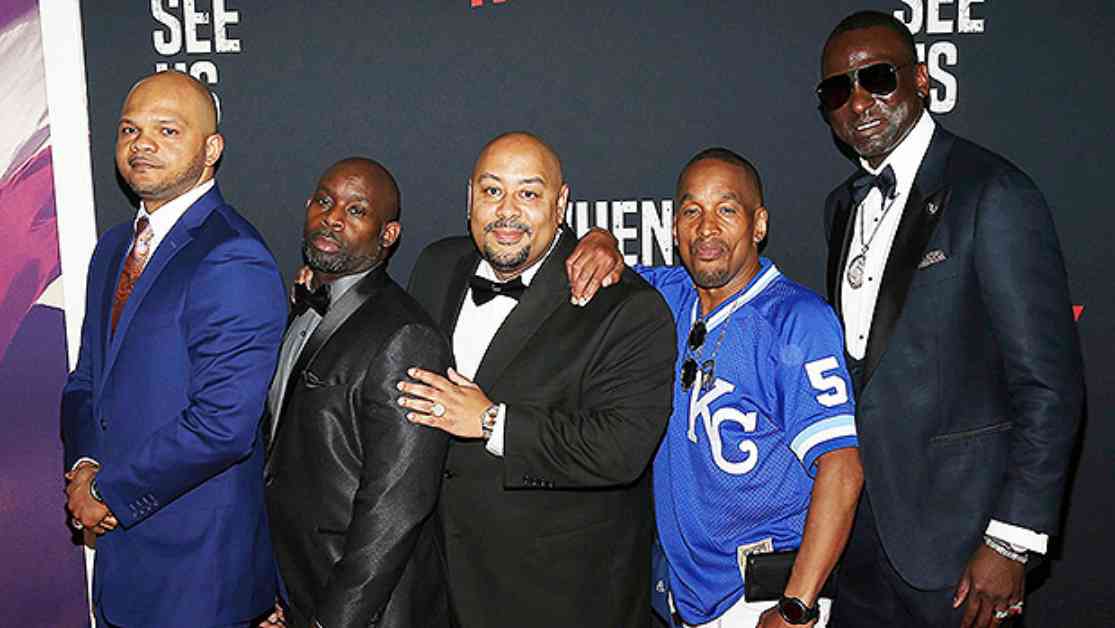Thirty years ago, the Central Park Five, made up of Korey Wise, Kevin Richardson, Raymond Santana, Antron McCray, and Yusef Salaam, were falsely accused of raping a white jogger in Central Park. Despite being vilified in the press and wrongfully convicted, they were exonerated after more than a decade. The case highlighted the injustices faced by black and brown individuals in the legal system.
On the night of April 19, 1989, Trisha Meili, a 28-year-old investment banker, was brutally beaten and raped while jogging in Central Park. The Central Park Five, along with other teens, were charged in connection with the crime based on coerced confessions. Despite inconsistencies in the evidence and lack of physical proof, they were found guilty in two separate trials in 1990.
However, in 2002, Matias Reyes confessed to the crime, providing DNA evidence that exonerated the Central Park Five. The convictions were vacated, and the truth finally came to light. Donald Trump, who had publicly called for their execution in 1989, refused to apologize for his actions.
After their release, the Central Park Five sued the city of New York, leading to a $41 million settlement in 2014. In 2024, they filed a defamation lawsuit against Trump for falsely claiming they had killed someone and pleaded guilty. The civil suit aimed to hold Trump accountable for his damaging statements about the wrongly accused men.
The story of the Central Park Five serves as a stark reminder of the systemic racism and injustices prevalent in the legal system. Despite the challenges they faced, the men fought for justice and prevailed in the end. Their case shed light on the importance of fair trials, accurate investigations, and the need to address racial discrimination in the criminal justice system.





















